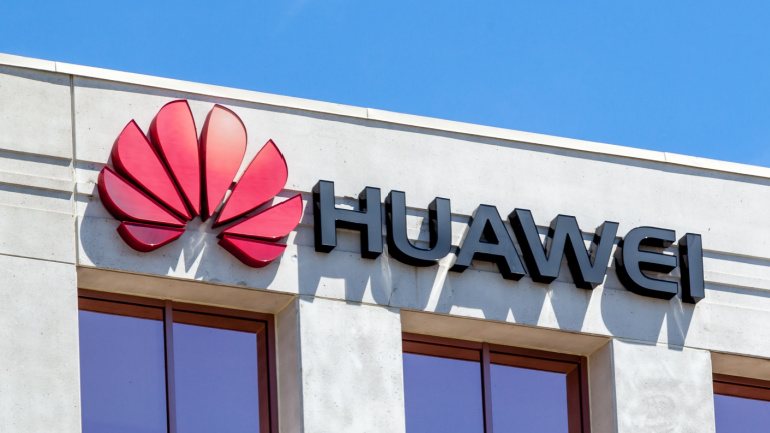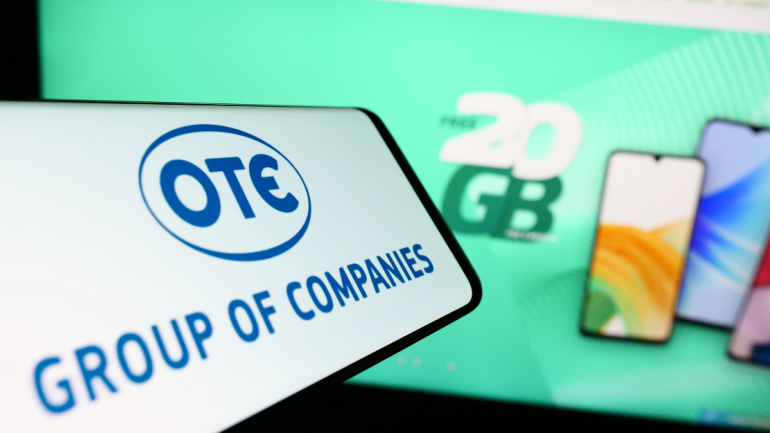Nokia’s augmentation of its Drones-as-a-Service venture promises new opportunities in North America by providing industries with various business solutions using drone technology. Options range from purchasing to leasing or sharing drones, creating opportunities for revenue streams in a broad spectrum of industries. These robust drones, deployed via 4G/LTE or 5G connections, can perform diverse tasks like remote surveillance and hazardous area inspections.
In a strategic move towards advancing its commitment to a circular economy, TXO, a prominent provider of end-to-end circular telecom network solutions, has officially acquired Lynx UK Ltd. The acquisition positions TXO as a key player in sustainable telecom networks, supporting operators worldwide in their pursuit of environmentally conscious network expansion and transformation.
In a testament to the synergy of shared innovation, Huawei and Sharp enter an intellectual property cross-licensing agreement. Such alliances underline the value of IP rights while enabling competitive market offerings. However, details like the deal’s duration and financial aspects remain undisclosed – a recurrent practice in the telecom sector.
In a landmark move, UK Chancellor Jeremy Hunt has underscored the significance of Microsoft’s transformative investment, heralding it as pivotal for the continual expansion and innovation within the UK technology sector. The multinational tech giant is set to broaden its data center footprint across the UK, unveiling plans for new facilities in London and Cardiff, with potential future expansion into the North of England. This strategic investment aims to double Microsoft’s existing number of data centers in the UK.
The GSMA annual report depicts a thriving European mobile industry, contributing over €910 billion to the economy in 2022 with projections to hit the €1 trillion mark by 2030. Despite impressive mobile coverage across Europe, certain challenges persist. The report suggests mobile operators need to make sustained investments in networks to meet global competition, and regulatory reform is crucial. Yet, some caution that this could lead to higher prices and no increase in investment, exemplified by the US situation.
Greek telecommunications heavyweight OTE appears to be changing course, with whispers abuzz of pivotal shifts in its future business plans. The rumored centerpiece is the potential sale of its Romanian mobile operations, Telekom Romania Mobile, to Quantum Projects Group. This points towards a strategic refocusing on OTE’s extensive Greek operations, signaling a departure from the international stage.
In the ongoing debate over Big Tech’s ‘fair share’ contribution to telecom infrastructures, new findings from the Belgian Institute for Postal Services and Telecommunications call into question the validity of the argument. BIPT concludes attributing Big Tech solely for data streams might be over simplistic, citing investments made by Content Application Providers in broader infrastructures. The study raises important concerns about the potential negative impact for end-users, small local CAPs, and the principle of net neutrality.
Italian telecom provider Wind Tre faces hurdles in selling infrastructure due to complex 5G network sharing negotiations with rivals Iliad and Fastweb. CK Hutchison delays the deal closure by three months to February 12, citing challenges with Iliad and Fastweb. Meanwhile, Indosat Ooredoo Hutchison’s $6 billion merger in Indonesia with Huawei’s support achieves significant growth. France’s Orange introduces satellite broadband, while Norway’s Telenor sells its satellite operations. FCC’s new broadband rules target discrimination, raising concerns of unintended consequences. Mavenir and Nokia achieve remarkable Open RAN interoperability, overcoming past criticisms and showcasing commitment to multi-supplier systems.
President Biden’s administration has launched an extensive review of over 2,700 megahertz of spectrum, perceiving its significant role in the nation’s technological leap. The initiative intends to implement a well-grounded American spectrum strategy, focusing on fostering tech advances, heightening public understanding about its economic role, and fostering a cooperative national framework.
Unveiling an intriguing alliance, Liberty Latin America plans to sell 1,300 mobile tower sites to Phoenix Tower International for $407 million, paving a strategic path toward debt reduction and further enterprise investment. This comprehensive deal, incorporating markets from Panama to Puerto Rico, uniquely positions PTI in the telecom landscape and underscores Liberty Latin America’s focus on mergers and acquisitions to amplify its regional impact.













